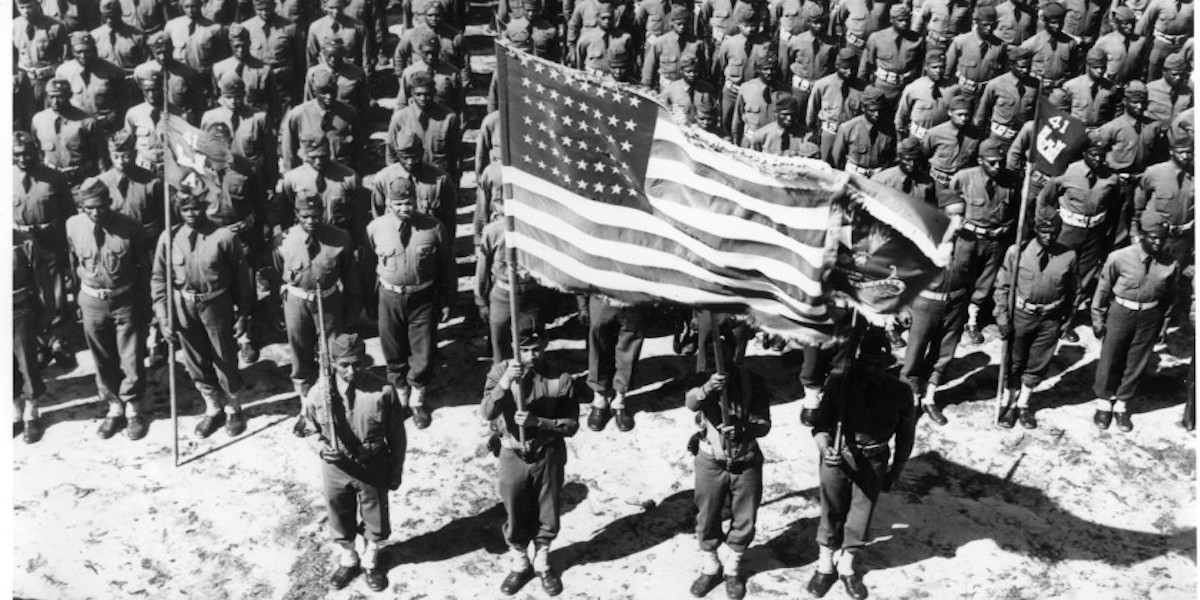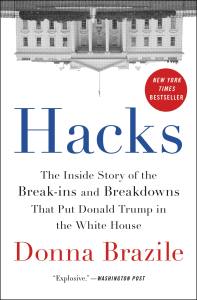Seven True Stories About America and Espionage
 It is easy to think of the Cold War era as the heyday of international espionage and intelligence scandals. But the truth is that stories about espionage in America are as old as the country itself, and they continue to the present day. While there are hundreds of wonderful historical true crime books out there, this list also includes several titles that cover more recent history, including the 2016 election, the presidency of Donald Trump, and the Russian influence on American politics. Many of these books are thrilling accounts of sometimes shocking events, but they also have plenty to say about the state of our democracy—past, present, and future. So whether you’re interested in learning more about digital surveillance or classic submarine spying, these seven books contain some of the most intriguing stories about American espionage there are.
It is easy to think of the Cold War era as the heyday of international espionage and intelligence scandals. But the truth is that stories about espionage in America are as old as the country itself, and they continue to the present day. While there are hundreds of wonderful historical true crime books out there, this list also includes several titles that cover more recent history, including the 2016 election, the presidency of Donald Trump, and the Russian influence on American politics. Many of these books are thrilling accounts of sometimes shocking events, but they also have plenty to say about the state of our democracy—past, present, and future. So whether you’re interested in learning more about digital surveillance or classic submarine spying, these seven books contain some of the most intriguing stories about American espionage there are.
In Hacks, longtime Democratic consultant and former chair of the DNC Donna Brazile delves into the messy truths behind the outcome of the 2016 presidential election. She takes a hard look at the missteps, mistakes, and scandals that plagued the election cycle, turning her insider eye on the DNC, the Clinton campaign, and the Obama administration, as well as the Trump campaign and the influence of Russian hackers. Brazile insists that the only way not to repeat the mistakes of history is to look directly at them, and that is exactly what she does here, laying bare went wrong—and how we might go about fixing it.
Related: How To Write True Crime Books
Though many of us would like to think the days of political espionage are long over, Russian Roulette makes it clear that this is not the case. In this in-depth account, Michael Isikoff and David Corn tell the whole strange and sometimes unbelievable story of how the Russian government exerted its influence on American politics. They explore Trump's history with Russia and his relationship with Putin, and get into the gritty details of how Russian hackers influenced the 2016 election. Full of international intrigue and stunning revelations, this book asks big question about what these events mean for the future of American democracy.
In The Plot to Destroy Democracy, Malcolm Nance, a career US intelligence officer, provides a thorough analysis of Vladimir Putin and Russia's influence on the 2016 election and the ways the Russian government may continue to exert its influence for years to come. Using original research and dozens of interviews with intelligence experts, Nance lays out Putin's involvement in American politics, the multi-faceted espionage plan that helped to elect Donald Trump, and the continuing dangers that America faces in the age cyber warfare and internet media.
If you're looking for a true crime book that doesn't take place in the last 10 years, you'll want to pick up Blind Man's Bluff, which reads like a spy thriller and will keep you up late turning pages. In this impeccably researched narrative, Sherry Sontag and Christopher Drew tell the epic story of the USS Scorpion, a submarine that disappeared in 1968. The Scorpion was part of a mission to send submarines into Soviet waters to tap underwater phone cables. The story of that espionage is full of adventure and tragedy, and this book gets into all the details, from the tensions between the Navy and the CIA to a daring attempt to steal a Soviet submarine and its tumultuous aftermath.
In this chilling account of data mining and government surveillance, Robert Scheer makes a compelling case for the dangers to personal liberty that America faces in the digital age. They Know Everything About You explores how government agencies like NASA and the CIA are partnering with tech companies to surveil and gather information about citizens. Scheer thoughtfully weighs the benefits of the current Information Age with its potential to create a future in which a right to privacy is no longer guaranteed.
Financial warfare is not a phrase you hear tossed around a lot in casual conversation. In Treasury's War, Juan Zarate explains what it is, and how the Treasury Department has been using its tactics for decades as part of US foreign policy. He details how specific financial strategies have been crucial in how the government addresses terrorism, nuclear proliferation, and totalitarian regimes.
Related: True Stories of White-Collar Crime
By clicking 'Sign Up,' I acknowledge that I have read and agree to Hachette Book Group’s Privacy Policy and Terms of Use
What to Read Next
.






